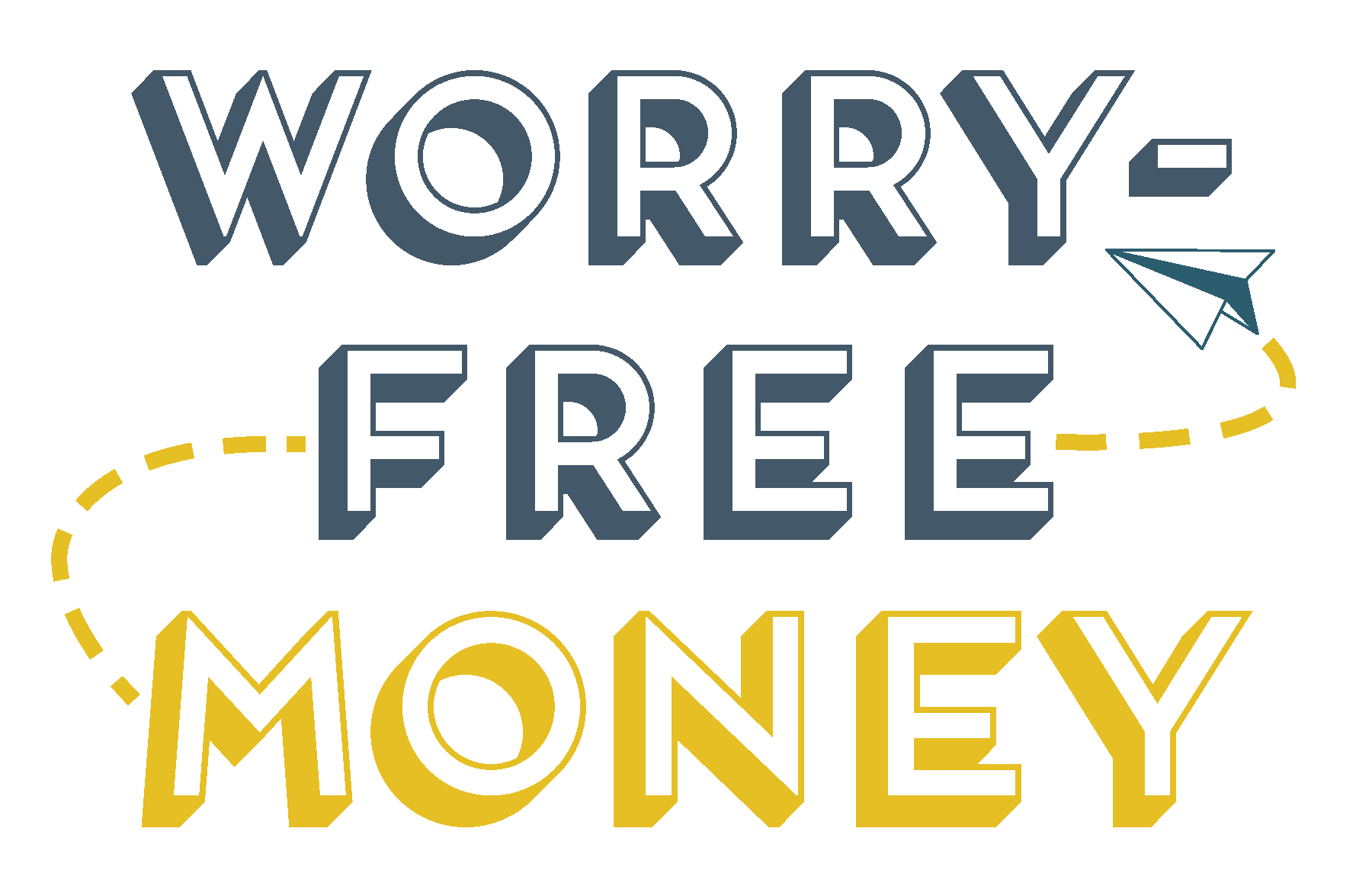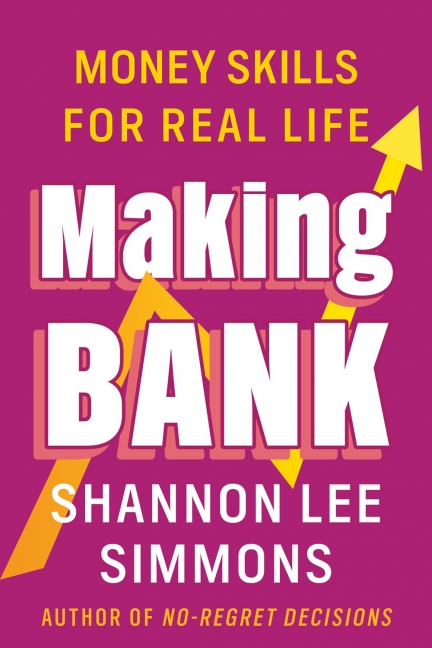Where to get a free Credit Report
Borrowell (from Equifax)
Credit Karma (from Transunion)
Equifax – free if you mail in for it
Your credit Score Characteristics
35% Payment History
- Account payment details – if you regularly miss payments
- Items in collection and severity of delinquency
- Past due amounts
30% Utilization
- Number of accounts with balances
- Utilization of some revolving credit lines
15% Length of Credit History
- Time since account opening date
10% Inquiries
- Hard Inquiries (when you’re applying for credit)
Ratings (provided by Equifax)
R0 – Too new to rate
R1 – Pays (or paid) within 30 days of due date or not over one payment past due
R2 – Pays (or paid) in more than 30 days from due date; but not more than 60 days, or not more than two payments past due
R3 – Pays (or paid) in more than 60 days from payment due date but not more than 90 days from payment due date, or not more than three payments past due
R4- Pays (or paid) in more than 90 days from payment due date but not more than 120 days from payment due date, or not more than four payments past due
R5 – Pays (or paid) in more than 120 days, or more than four payments past due, but not yet rated 9.
R7 – Making regular payments under a consolidation order, credit counselling or similar arrangement.
R8 – Repossession
R9 – Bad debt, placed for collection; skip account
(there is no R6 J)
The following information are provided from Financial Consumer Agency of Canada.
Your credit report
Your credit report is a summary of your credit history.
Your credit report is created when you borrow money or apply for credit for the first time. Lenders send information about your accounts to the credit bureaus, also known as credit reporting agencies.
Your credit score
Your credit score is a three-digit number that comes from the information in your credit report. It shows how well you manage credit and how risky it would be for a lender to lend you money.
Your credit score is calculated using a formula based on your credit report.
Note that:
- you get points for actions that show you use credit responsibly
- you lose points for things that show you have difficulty managing credit
Your credit score will change over time as your credit report is updated.
How a credit score is calculated
It’s not possible to know exactly how many points your score will go up or down based on the actions you take. Credit bureaus and lenders don’t share the actual formulas they use to calculate credit scores.
Factors that may affect your credit score include:
- how long you’ve had credit
- if you carry a balance on your credit cards
- if you regularly miss payments
- the amount of your outstanding debts
- being close to your credit limit
- the number of times you try to get more credit
- the types of credit you’re using
- if your debts have been sent to a collection agency
- any record of insolvency or bankruptcy
Lenders set their own guidelines as to the minimum credit score you need for them to lend you money.
If you have a good credit score, you may be able to negotiate lower interest rates. However, when you order your credit score, it may not be the same as a score produced for a lender. This is because a lender may put more weight on certain information when calculating your credit score.
Who creates your credit report and credit score
There are two main credit bureaus in Canada:
- Equifax
- TransUnion
These are private companies that collect, store and share information about how you use credit.
Equifax or TransUnion only collect information from creditors about your financial experiences in Canada.
Some financial institutions may be willing to recognize a credit history outside Canada if you ask them. This may involve extra steps. For example, you may request a copy of your credit report in the other country and meet with your local branch officer.
Who can see and use your credit report
Credit bureaus follow rules that define who can see your credit report and how they can use it.
Those allowed to see your credit report include:
- banks, credit unions and other financial institutions
- credit card companies
- car leasing companies
- retailers
- mobile phone companies
- insurance companies
- governments
- employers
- landlords
These businesses or individuals use your credit report to help them make decisions about you.
These decisions could be to:
- lend you money
- collect a debt
- consider you for rental housing
- consider you for a job
- provide you with insurance
- offer you a promotion
- offer you a credit increase
When a lender or other organization “checks your credit” or “pulls your report,” it’s accessing your credit report at the credit bureau. This is usually recorded on your credit report as an inquiry.
If there are too many credit checks, or inquiries on your credit report, lenders may be concerned. It can seem like you’re urgently seeking credit. Or, it can look like you’re trying to live beyond your means.
Consent and credit checks
In general, you need to give permission, or your consent, for a business or individual to use your credit report.
In the following provinces a business or individual only needs to tell you that they are checking your credit report:
- Nova Scotia
- Prince Edward Island
- Saskatchewan
Other provinces require written consent to check your credit report. When you sign an application for credit, you allow the lender to access your credit report. Your consent generally lets the lender use your credit report when you first apply and anytime afterward while your account is open.
In many cases, your consent also lets the lender share information about you with the credit bureaus if your application is approved.
Some provincial laws allow government representatives to see parts of your credit report without your consent. This includes judges and police.
What’s included in your credit report
Your credit report contains personal, financial and credit history information. In general, it takes 30 to 90 days for information to be updated on your credit report.
Personal information on your credit report
Your credit report may contain:
- your name
- date of birth
- current and previous addresses
- current and previous telephone numbers
- social insurance number
- driver’s licence number
- passport number
- current and previous employers
Financial information on your credit report
Your credit report may contain:
- non-sufficient funds payments, or bad cheques
- chequing and savings accounts closed “for cause” due to money owing or fraud committed
- credit you use including credit cards, retail or store cards, lines of credit and loans
- bankruptcy or a court decision against you that relates to credit
- debts sent to collection agencies
- inquiries from lenders and others who have requested your credit report in the past three years
- registered items, such as a lien on a car that allows the lender to seize it if you don’t make payments
- remarks including consumer statements, fraud alerts and identity verification alerts
Your credit report contains factual information about your credit cards and loans, such as:
- when you opened your account
- how much you owe
- if you make your payments on time
- if you miss payments
- if your debt has been transferred to a collection agency
- if you go over your credit limit
- personal information that is available in public records, such as a bankruptcy
Chequing and savings accounts that have been closed “for cause,” due to money owing or fraud committed by the account holder, can also be included.
Other accounts included on a credit report
Mobile phone and Internet accounts may be reported on a credit report, even though they aren’t credit accounts.
Your mortgage information and your history of mortgage payments may also appear in your credit report. The credit bureaus will decide if they will count this information when determining your credit score.
A home equity line of credit that is added to your mortgage will be treated as part of your mortgage for your credit report. If your home equity line of credit is a separate account from your mortgage, it will be reported separately.
Why your credit history matters
It can affect your finances
Financial institutions look at your credit report and credit score to decide if they will lend you money. They also use them to determine how much interest they will charge you to borrow money.
If you have no credit history or a poor credit history, it could be harder for you to get a credit card, loan or mortgage. It could even affect your ability to rent a house or apartment or get hired for a job.
If you have good credit history, you may be able to get a lower interest rate on loans. This can save you a lot of money over time.
It can show signs of identity theft
You can also use your credit report to check for signs of identity theft. This is something you should do at least once a year for both credit bureaus. Look to make sure someone has not tried to open credit cards or other loans in your name.






